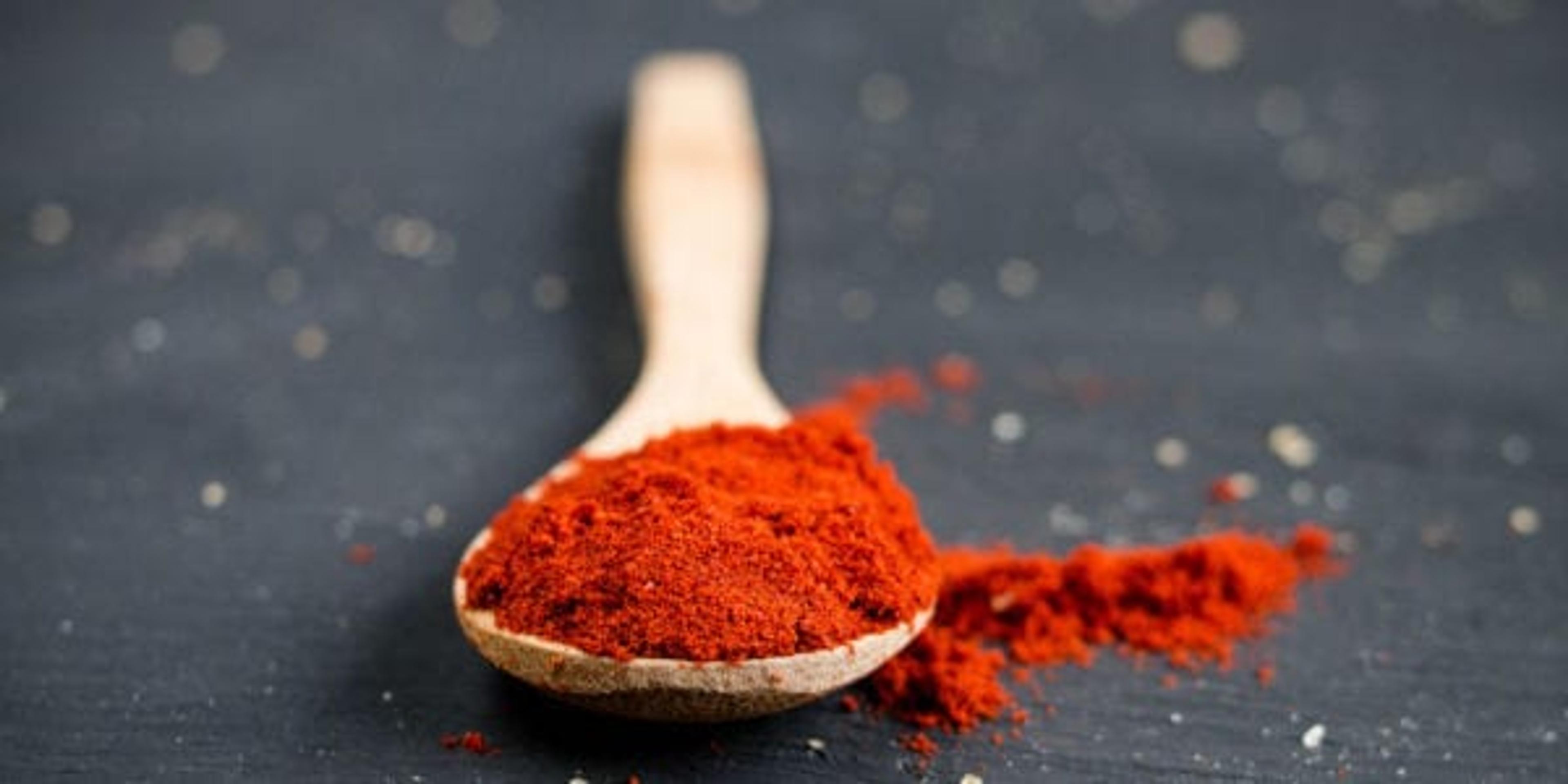The truth about protein powder
| 2 min read

For many people, the term
“protein powder” elicits images of a bodybuilder with massive biceps and forearms—probably because that’s the picture often found on the label.
“protein powder” elicits images of a bodybuilder with massive biceps and forearms—probably because that’s the picture often found on the label.
But although protein powder may be associated with weightlifters and other hardcore athletes, you may be surprised to learn that everyday exercisers can benefit from the supplement as well.
For those of you who may not be familiar with it, protein powder comes in three main varieties: whey, soy and casein protein (you can also find egg, rice and hemp protein powders at specialty stores). Whey is the most common kind and it contains all nine of the amino acids necessary for human dietary needs (in other words, it is a “complete protein”).
People take protein powder to boost their intake of protein, which is a macronutrient that’s proven to be necessary for good health. It helps build lean muscle mass, boost your immune system and repair damaged tissues. If you’re smart about it, it’s completely okay for the average person—athlete or not—to incorporate protein powder into their diet, especially for those who fall under one of the following categories:
- You’re a growing adolescent
- You’re new to working out
- You want to amp up your workout routine
- You are recovering from an injury
- You are a vegan and may not be eating enough protein
So what’s the downside? Protein powder can make it easy to consume way more protein than necessary. And since surplus protein that you don’t use as fuel is converted into fat, too much of it can make it tough to lose weight (or can cause weight gain).
Consuming excess protein can also cause more serious side effects. Researchers have found a connection between too much protein and kidney disease, diabetes and even prostate cancer. It’s important to keep in mind that the maximum amount of protein most adults can use per day is 0.9 grams per pound of body weight. And WebMD typically recommends less.
Most people can meet all of their protein needs with traditional whole foods like fish, nuts, meat and eggs. Thus, protein powders are best used on an occasional basis versus an everyday supplement. That’s the best way to avoid any potential side effects while ensuring you have a protein-filled, nutritious diet.
This blog post is part of #HealthyMe, a personalized web experience based on your health and wellness goals. To sign up today, visit https://www.ahealthiermichigan.org/healthyme.
Photo credit: Marco Verch





